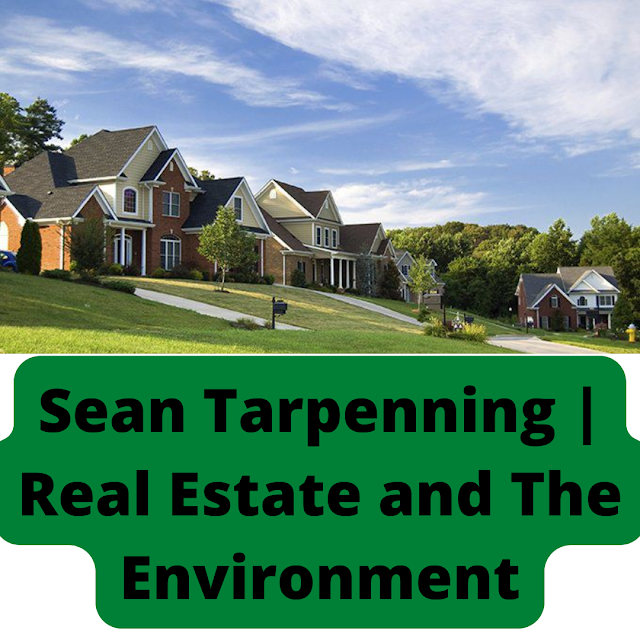What is Real Estate
Real estate is property consisting of land and the buildings on it and their natural resources such as crops, minerals, or water; real estate of this type; an interest in these (also) properties, (more generally) buildings or dwellings in general. Legally, immovable property is associated with land ownership and is distinct from personal property, while estate means the “interest” that an individual has in that land ownership.
Real estate differs from personal property that is not permanently attached to the land, such as a property. B. Vehicles, boats, jewelry, furniture, tools, and rolling stock of a farm.
In the United States, the transfer, possession, or acquisition of the real estate by a corporation, individual, non-profit organization, trust, or other entity may be effected under the laws of each state.
History of Real Estate
Sean Tarpenning says An individual's regular right to property as an idea can be established in both Roman regulation and the Greek way of thinking. It tends to be expected that the studying calling started in fifteenth century England when agrarian requirements required getting and readiness free from the land.
Course readings were composed regarding the matter of looking over and the term studying was utilized in England while the term examination was involved more in North America.
Normal regulation, which can be viewed as a "general regulation", was bantered among fifteenth and sixteenth-century scholars corresponding to the "property hypothesis" and highway relations managing unfamiliar ventures and the security of the confidential property of residents abroad.
Normal regulation should be visible as an impact in Emerich de Vattel's "law of countries" of 1758, which conceptualizes the possibility of private property.
One of the biggest land exchanges ever, known as the "Louisiana Purchase", occurred in 1803 when the Louisiana Purchase Treaty was agreed upon.
This arrangement prepared for the west development and made the United States the proprietor of the "Louisiana Territory" as the land was bought from France for fifteen million, or around 4 pennies for every section of land. The most established land business firm was established in Chicago, Illinois in 1855 and was initially known as "L. D. Olmsted and Co." yet is currently known as "Baird and Warner".
1908 the National Association of Realtors was framed in Chicago and in 1916 the name was changed to the National Association of Real Estate Boards this was additionally when the expression "realtor" was authored to recognize realtors.
Real Estate and The Environment
Sean Tarpenning said Real estate may be valued or devalued depending on the extent of environmental degradation that has occurred. Environmental degradation can lead to extreme health and safety risks. There is a growing demand for the use of Site Assessments (SEAs) when evaluating a property for both residential and commercial properties.
Environmental surveying is facilitated by environmental assessors who examine the environmental factors present in real estate development and the impact that development and real estate have on the environment.
Green development is a concept that has developed with the environmental movement and the World Commission on Environment and Development since the 1970s.
Green Development examines the social and environmental impact of real estate and buildings. There are 3 focal points, namely environmental awareness, resource efficiency, and sensitivity to cultural and social aspects. Examples of green development are green infrastructure, LEED, conservation development, and sustainable developments.
Real estate itself has been measured as a contributor to increased greenhouse gases. Real estate was responsible for 39% of total emissions worldwide in 2019, according to the International Energy Agency, and 11% of those emissions came from the manufacture of building materials.
As an Investment
In markets with rising land and building prices, real estate is often bought as an investment, regardless of whether the owner intends to use the property or not.
According to Sean Tarpenning, Investment properties are often leased, but "flipping" involves the quick resale of a property, sometimes taking advantage of arbitrage or a rapid appreciation in value, and sometimes after repairs that significantly increase the property's value.
Luxury real estate is sometimes used as a store of value, particularly by wealthy foreigners, without a particular attempt to rent it out. Some luxury units in London and New York have been used by corrupt foreign officials and businessmen from countries without a strong rule of law to launder money or protect it from confiscation.



No comments:
Post a Comment